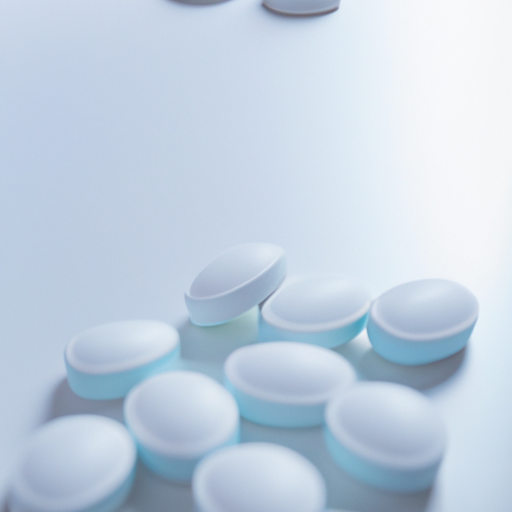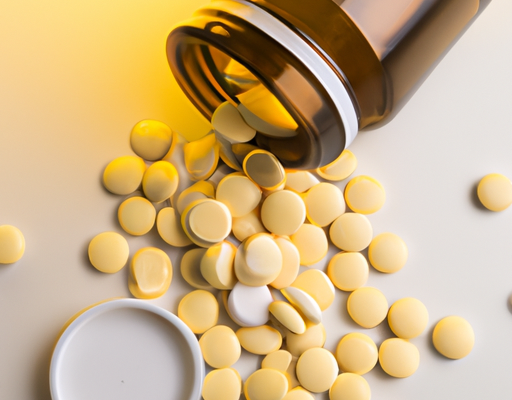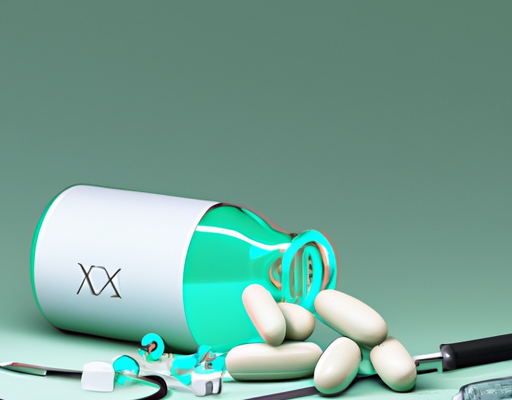1) Causes of Acne
Acne is an inflammatory skin condition that affects people of all ages and backgrounds. While it is most commonly associated with teenagers, anyone can suffer from acne at any time. While there are many possible triggers for acne, the most common causes are related to changes in hormone levels and bacteria. An increase in the production of testosterone causes the body to produce excess oils and skin cells. Bacteria, such as Propionibacterium acnes, are often present on the skin and when these oils and cells mix with them, it can cause inflammation and clogged pores.These blocked pores eventually become inflamed, filled with pus, and can appear in clusters. Depending on the location of the acne and the severity, the condition can take weeks or even months to heal. Treatments include both topical and oral antibiotics, as well as lifestyle changes. If you suspect you have acne, it is always best to consult a doctor to receive the best treatment plan.
2) Common Acne Locations and What They Mean
Acne is a common skin condition that affects millions of people each year. While it can occur anywhere on your body, it is most common on certain locations. Common acne locations include the face, chest, back, shoulders, and upper arms. Each of these locations can represent a different problem. For example, facial acne is typically related to hormones and can be caused by clogged pores from oils, makeup, and sweat. Chest acne is usually related to stress and can be aggravated by tight-fitting clothing. Back acne can be caused by sweating and clogged pores from backpacks or from working out in tight clothing. Finally, acne on your shoulders and upper arms may be caused by friction from tight clothing and heat. Knowing where your acne is located can help you better identify the cause and treat it appropriately.
3) Different Types of Acne
Acne can occur anywhere on the body, but there are three main types of acne that can affect different areas. Folliculitis is a type of acne which appears when hair follicles become inflamed or irritated. It often appears on cheeks, neck, scalp, upper arm and thighs. Another type is cystic acne, which occurs due to deeper infection in the skin and appears as deep, painful bumps or cysts on the face, chest and back. Lastly, comedones are clogged hair follicles that lead to blackheads and whiteheads on the face, especially on the forehead, nose, cheeks and chin. While it’s not always possible to prevent acne, understanding the differences between the types of acne can help you to better address the issue, depending on which type has emerged.
4) Treatment for Acne
When it comes to dealing with acne, treatment is necessary to prevent further complications. The type of treatment will depend on the severity of the acne and the acne locations. Here are some treatments for acne:
- Topical creams that contain benzoyl peroxide, AHAs and BHAs
- Oral antibiotics if your acne is hormonal or cystic
- Oral Contraceptives to reduce androgen levels in the body
- Prescription retinoids like Adapalene and Tretinoin for mild to moderate acne
- Accutane (Isotretinoin) for severe cystic acne
It is important to speak to a medical professional about the best treatment option for you. This will ensure that you get the best results from your treatment and that it is suitable for your type of acne.
5) Prevention Strategies for Acne
Acne is an unfortunate part of many people’s lives, and understanding the different locations it can occur on the body is key for tackling it. Prevention strategies are also critical for reducing the severity of any outbreaks. Here are five key preventative measures for keeping acne at bay:
- Cleanse your skin regularly and thoroughly. Use a gentle cleanser that doesn’t strip the skin of its protective oils.
- Avoid touching your face with your hands. Your hands come into contact with all kinds of bacteria and dirt during the course of the day.
- Avoid picking, squeezing or popping pimples. Doing so can spread bacteria and cause infection.
- Eat a balanced diet rich in vitamins, minerals and antioxidants. Avoid processed and sugary foods.
- Exercise regularly and get enough sleep. Exercise can help keep the body’s hormones in balance, while getting enough rest helps the body to recover and regenerate.
By following these simple steps, you can do your part to help reduce the severity of any future acne breakouts.





No Comments